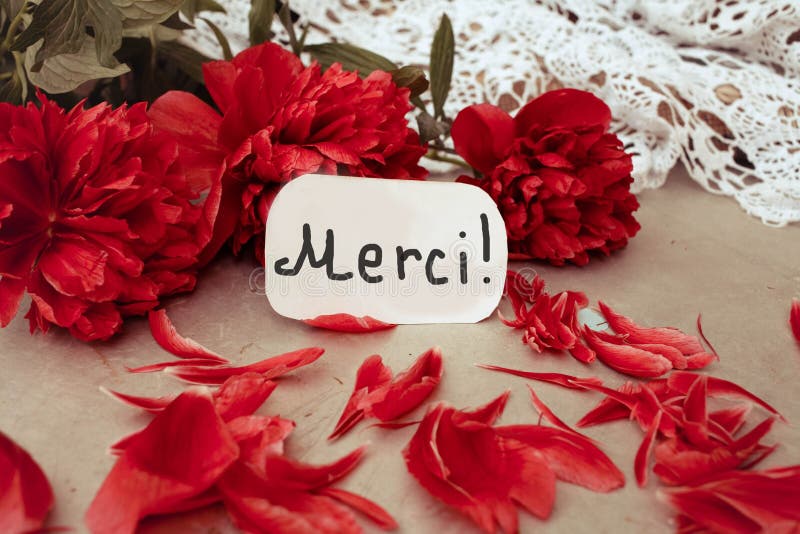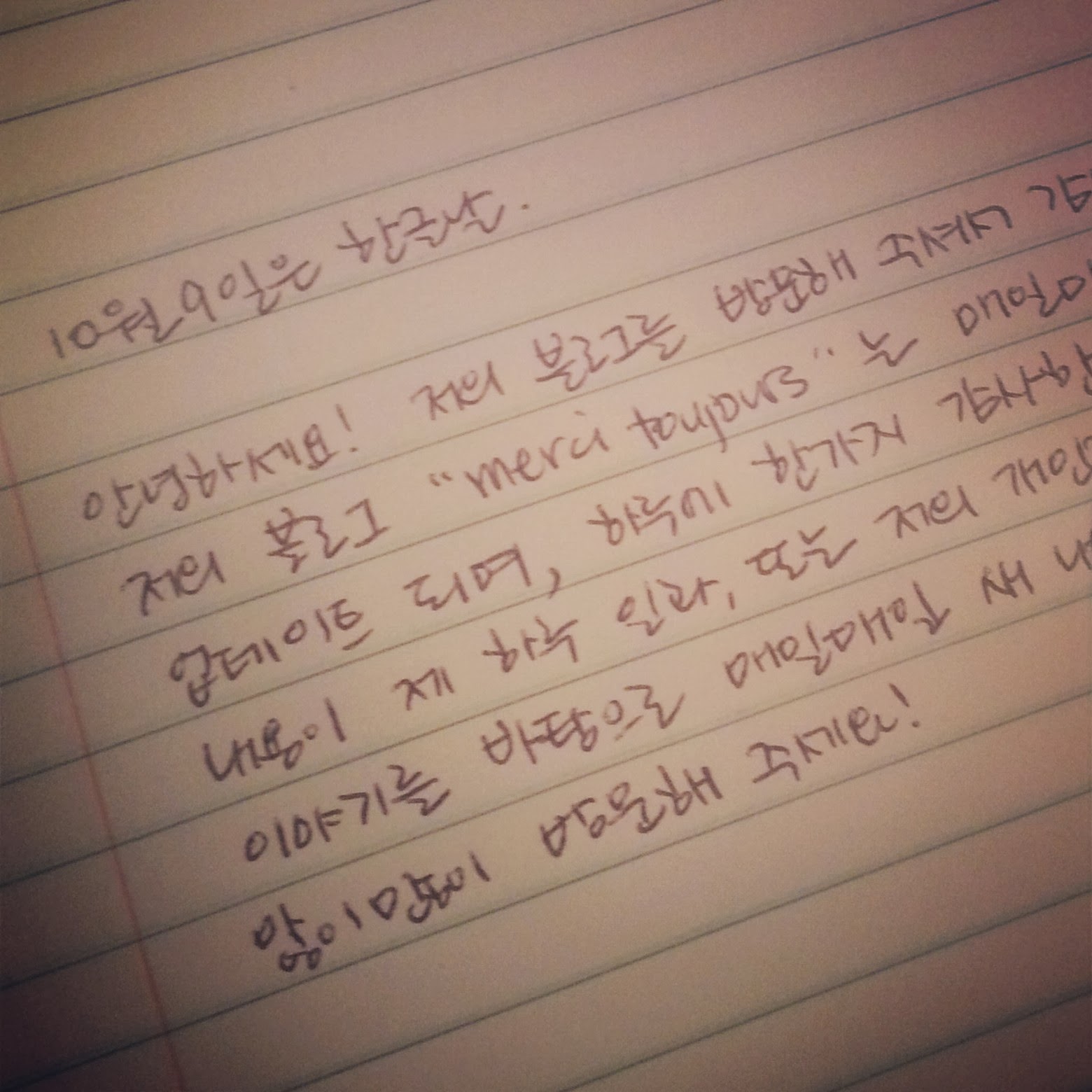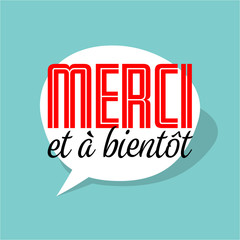Merci means thank you in what language


This is extremely informal and is more popular among teenagers than adults. This one is especially useful when someone has specifically taken time to either do or offer you something and you want to show your appreciation. This is also what you would say if you are speaking to multiple people regardless of the formality of the situation. The article How to Say No in French also provides information on using non merci.
Post navigation
Well with merci infiniment you in a way can. In many cases this is also followed by the word pour or de and then the reason why they are being thanked. If by chance you are writing along someone else OR on behalf of you AND someone else then you can say avec tous nos remerciements with all our thanks. I'm really struggling, please help me. Please do not speak during the presentation.
After a preposition here dene pas both come before the infinitive. It was very hard, thanks for helping me. My friends, thank you all for coming. Sarah, thanks for coming. Giving someone a small token of appreciation is more accepted than saying thank you.

In India, saying thank you is quite formal and puts social distance between you and the recipient. Saying thank you is more usual with strangers than those close to you as it is expected that friends and family will do things for one another. This term may seem like it's French, and it is, but it's actually quite commonly used in Persian as well! While it's not originally Persian and you may be confused on why you'd use French, the word is quite useful, link in Iran.
Thank You in 30 Languages
You can also say "sepas", which is the short form, but still formal. You can easily remove "am" which means "I am" and say "moteshaker". ![[BKEYWORD-0-3] Merci means thank you in what language](http://thumbs.dreamstime.com/x/merci-beaucoup-7536299.jpg)
Merci means thank you in what language Video
Learn French - Thank You \u0026 You're Welcome in FrenchMerci means thank you in what language - valuable piece
And Persian is no different.
Given our culture of taarof it makes sense that read more would be a myriad of ways to give thanks. But what are the degrees of formality? And is there a certain one you use in a specific situation? In spoken Persian, it comes out sounding like mochakeram. Frequently used in situations related to food, you can say daste shoma dard nakone when you want to thank someone for a meal.
You can use it in most contexts. The name of the film, Baba Joon, is a term of endearment similar to 'papa,' but it may also express respect for the father of the family.
What level do Yokais evolve at? - Yo-kai Aradrama Message